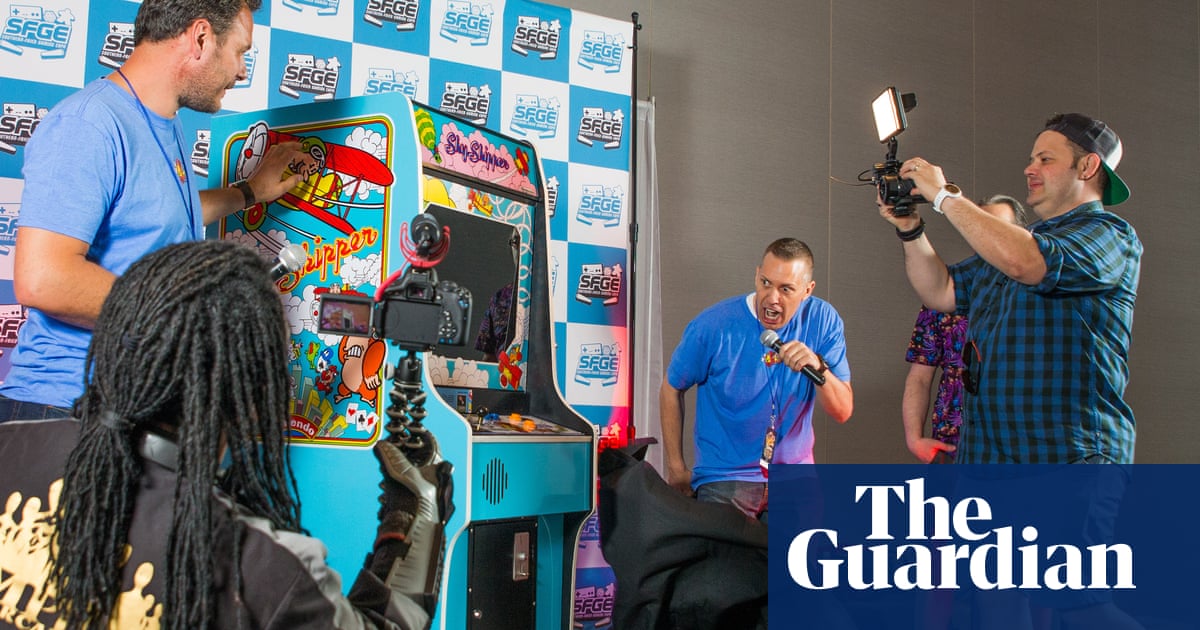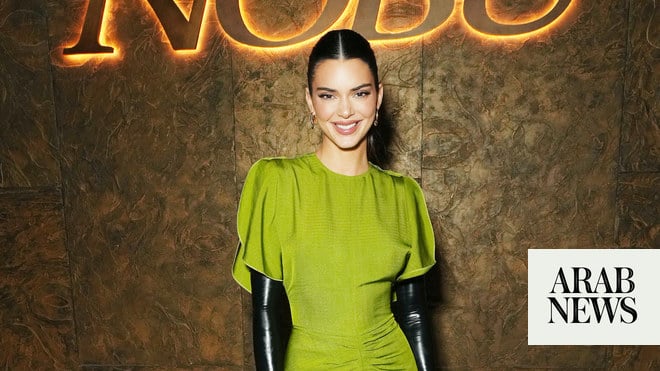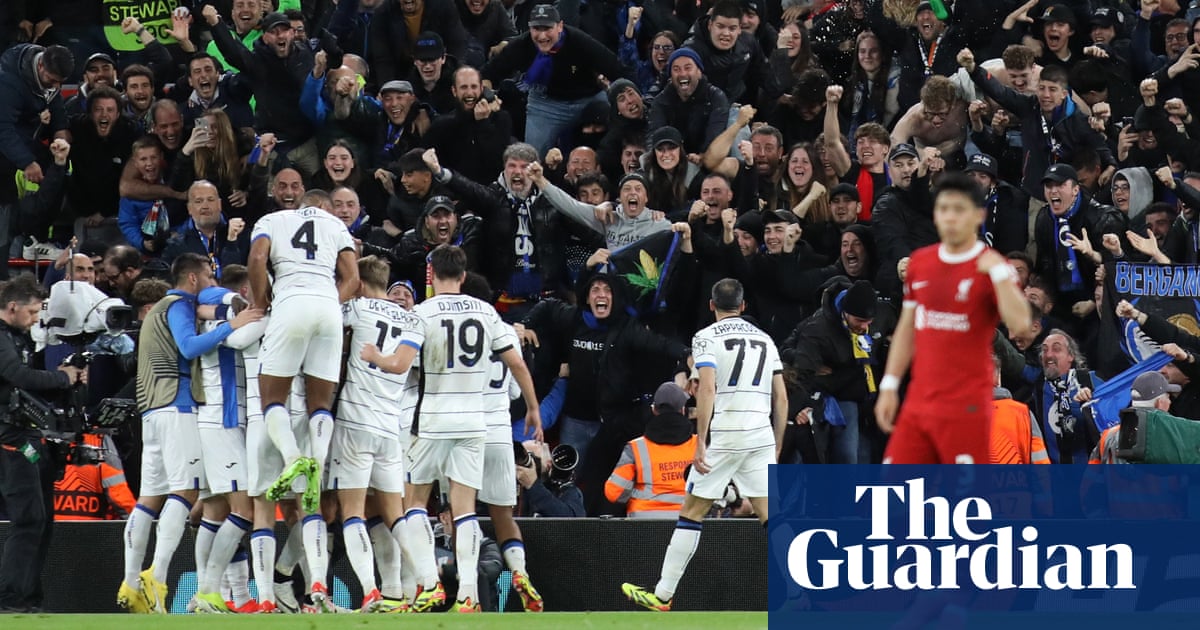
‘They say you guys didn’t want me to be here tonight,” Jay-Z said towards the end of his landmark 2008 Glastonbury headline set. “They said you guys are not into hip-hop. I got one question: where’s the love?” The chorus that followed was a rejection of the dubious notion that Jay-Z couldn’t headline the festival – that hip-hop couldn’t headline the festival. I was 16 and unfamiliar with Glastonbury’s prestige, but I knew that greatness was taking place.
The announcement of Jay-Z as the first rapper to headline Glastonbury in its then-38-year history was generally acclaimed, but went down badly in certain quarters. Noel Gallagher of Oasis told the BBC in the lead up: “I’m sorry, but Jay-Z? No chance. Glastonbury has the tradition of guitar music … I’m not having hip-hop at Glastonbury. It’s wrong.”
Gallagher must not have been paying attention to what was going on in music. By 2008, rap was in the midst of a rise to becoming the biggest genre on the planet. Three weeks before Jay-Z’s set, Lil Wayne’s Tha Carter III sold more than 1m copies in its first week in the US to become one of the fastest selling albums of all time. Kanye West was broadening the form as he polished his breakup fantasia 808s and Heartbreak ahead of release. Jay himself was back at the summit after what he described as “the worst retirement in history”. Gallagher’s snark aside, hip-hop was ready to triumph in one of music’s grandest arenas.
Walking to the stage draped in a black-and-green scarf, sunglasses, black hooded jacket and an acoustic guitar, the familiar opening sequence of Oasis’s Wonderwall infiltrated the stage. Jay-Z’s tremendously sarcastic rendition of Gallagher’s magnum opus was a knockout punch to the doubters, and one in particular, as Glastonbury collectively chuckled. Cutting the track like a magician waving a wand, he soaked in the deafening cheers, before ushering in the Rick Rubin-produced 99 Problems. He even rapped the track’s second verse over the classic riffs of AC/DC’s Back in Black, an effortless segue from the rattling guitar riffs of 99 Problems.
His 15-plus man band seamlessly transitioned through another medley, from his Is That Yo Bitch? into the Prodigy’s Smack My Bitch Up and Amy Winehouse’s Rehab, with Jay rapping throughout. These British hits helped get the crowd on side, but the run was also to show the critics he wasn’t just a rapper, but a versatile artist. He bellowed: “For those that didn’t get the memo, my name is Jay-Z and I’m pretty fucking awesome,” to thunderous cheers. Few could disagree. His band, alongside childhood friend Memphis Bleek as hype-man, were the energetic yin to Jay’s yang: calm and cool throughout, Jay kept his stage persona restrained in contrast to them.
Next was a plunge into his own catalogue. From Roc Boys and Public Service Announcement to Girls, Girls, Girls and his slept-on contribution to Panjabi MC’s classic Mundian To Bach Ke, he wowed an overwhelmingly young and white crowd. This wasn’t a stuffy anti-rap audience praying for his downfall but an audience embracing a new side to Glastonbury; they threw his signature diamond hand-sign in the air at his command.
Other surprises during the set included a guest verse on Estelle’s American Boy that smoothly incorporating British colloquialisms – everything from London Bridge to the telly – and as he removed his neck chains, his energy never wavered.
The set’s finale was Numb/Encore, the mashup from his 2004 EP with nu-metallers Linkin Park. In its blend of hard power chords, drums and DJ scratching, a correlation was made between Glastonbury’s origins – the “guitar music” Gallagher spoke of – and that of hip-hop’s: the scratches pioneered by legends like DJ Kool Herc and Grandmaster Flash. They were now bound together. Jay had nothing left to prove, the sea of white faces screaming “Ho-Va” removing all doubt.
Glastonbury organiser Emily Eavis would later say: “After two seconds he had the whole thing in the palm of his hand. I have never seen that field so packed. It was the most brilliant pop cultural crossover moment. So inspiring.” Jay proved rap could belong in a space seemingly closed to it for years, in a space unrecognisable in hip-hop culture, now opened up for greater integration. Future headliners like Kanye West and Stormzy – plus, hopefully, Kendrick Lamar in 2021 – had their road to the Pyramid cleared on that night in 2008.












